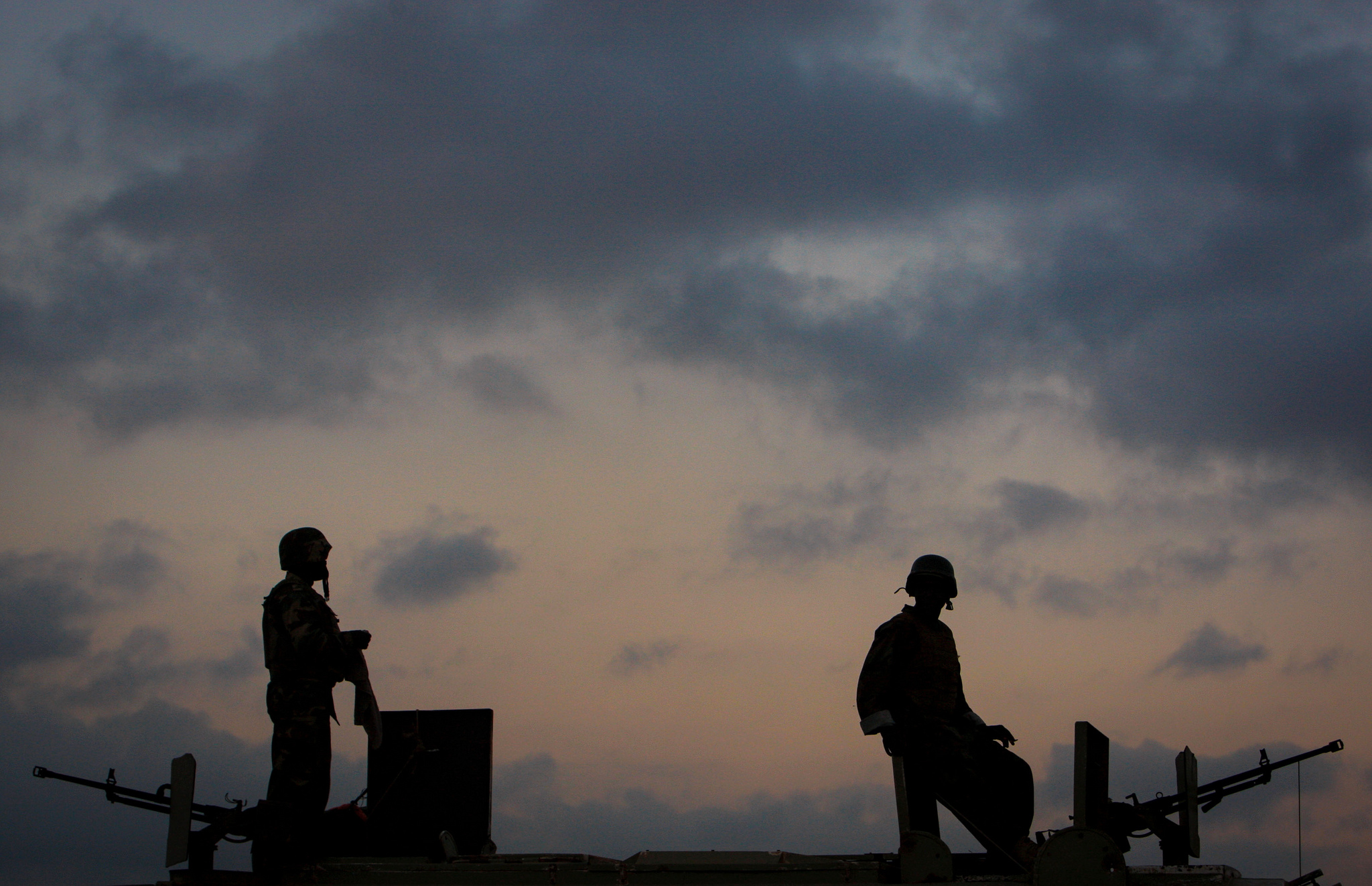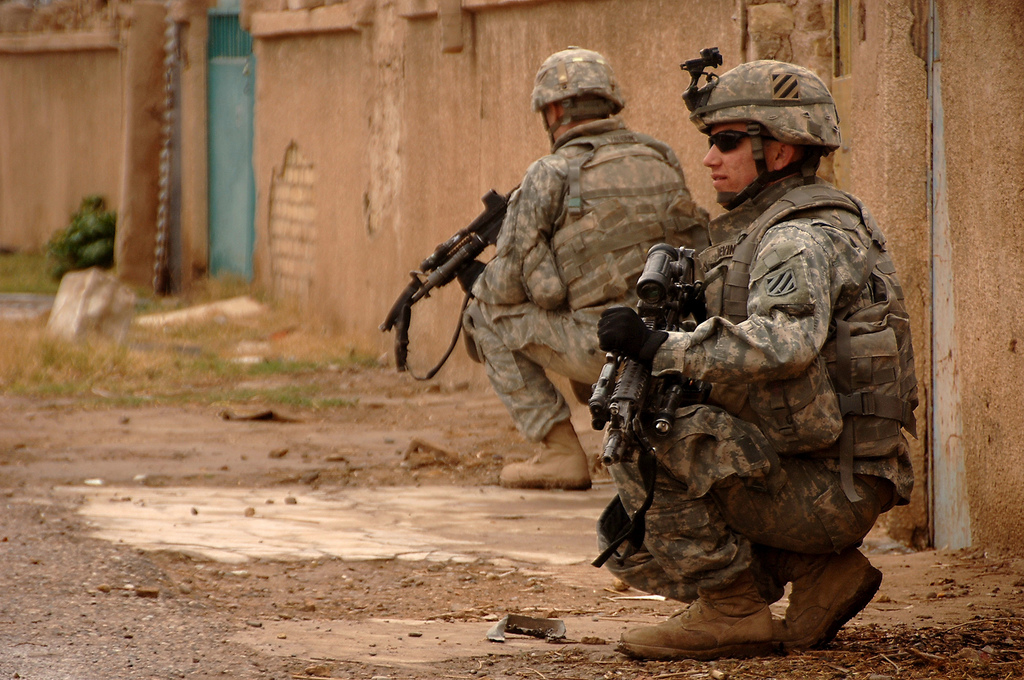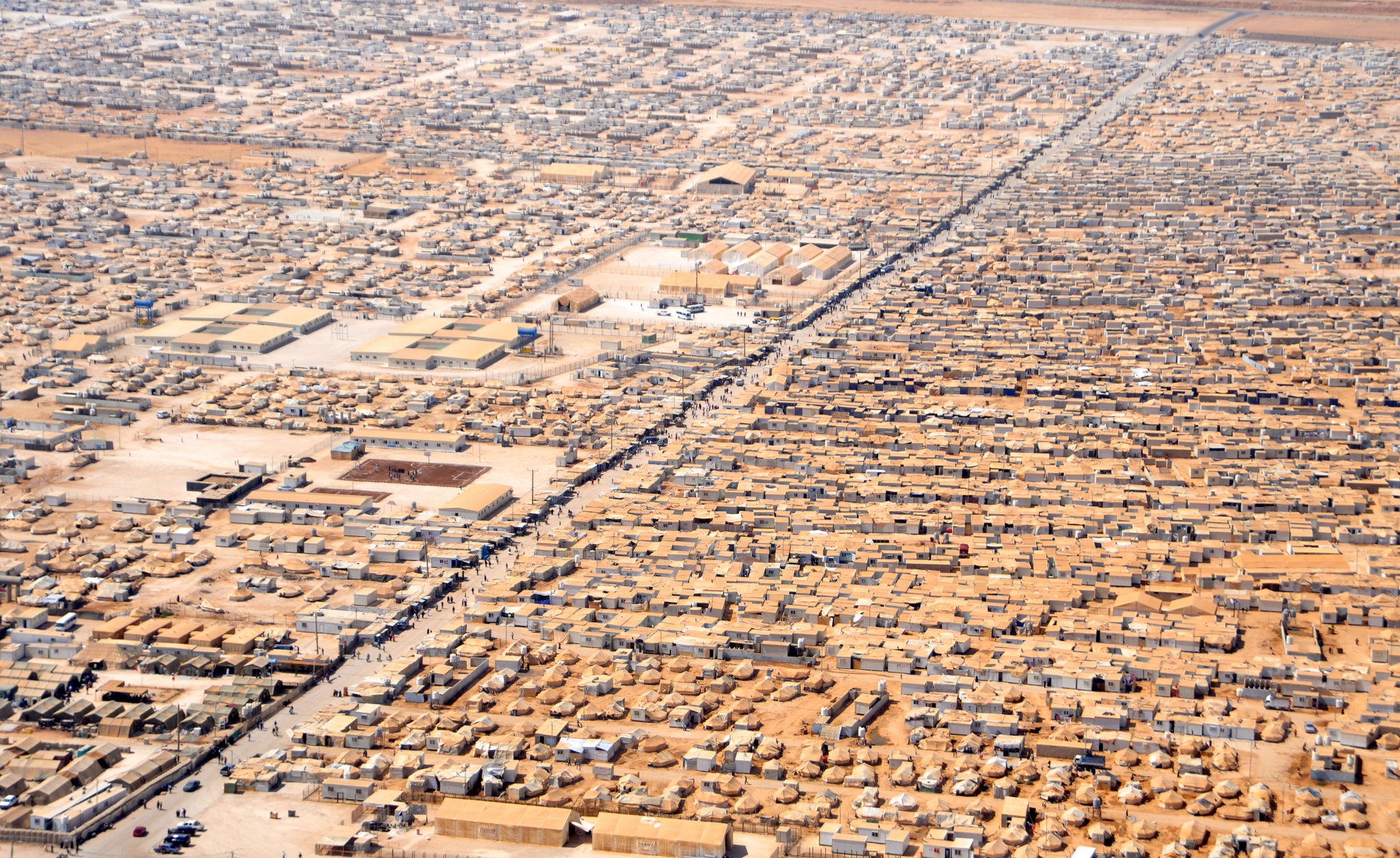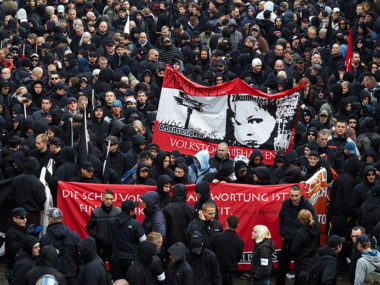Guest post by Suat Cubukcu and Brad Bartholomew.
Muslims throughout the world are observing the last days of the holy month of Ramadan. Traditional practices of observance call for fasting from dawn to dusk—foregoing food, drink, and even water. Most practicing Muslims also congregate in mosques to recite the Quran and pray Taraweeh; special prayers recited only during the nights of Ramadan. These prayers emphasize the values of charity and generosity, encouraging Muslims to give to those who are in need.
Sadly, while the vast majority of Muslims see Ramadan as a time for peace and spiritual renewal, there are also those who strive to make this holy month a time for unspeakable acts of violence. Indeed, the leaders of ISIS and Al-Qaeda have openly called for violence to commemorate Ramadan with military jihad and a battle against “disbelievers.”
For example, shortly before the start of the 2016 Ramadan, ISIS spokesman Abu Muhammad al-Adnani declared, “Make Ramadan, with God’s permission, a month of pain for infidels everywhere.” ISIS responded to his call by killing hundreds with ferocious attacks in multiple locations, including Orlando, Istanbul, Dhaka, Medina, and Baghdad.
Again, in 2017, the start of Ramadan coincided with several attacks by ISIS. A gunman attacked Coptic Christians in southern Egypt on the eve of Ramadan, killing 28 civilians. This was followed by suicide bombings in Baghdad, a truck bombing in Kabul, an armed arson attack in Manila, a van rampage and stabbings in London, and twin attacks in Tehran. Together, these attacks resulted in the death of more than 100 civilians.
ISIS has strived to turn Ramadan into a time for bloodshed and, with help from the media, convince the public that Ramadan is anything but a peaceful and holy month. The strategy of ISIS has been to make these events commonplace, thereby changing the political discourse. It is notable that US President Donald Trump made a point of connecting Ramadan to terrorist violence in his statement marking the beginning of the 2017 Ramadan. However, with what ostensibly appears as the impending demise of ISIS, terrorism has not been a major issue in the media during this year’s Ramadan. Accordingly, President Trump took a more positive approach and avoided mentioning “terrorism” in his 2018 Ramadan statement.
In a recent study, we sought to answer the question of whether terrorism actually increases during Ramadan. We analyzed the global distribution of terrorist incidents and killings during this holy month and on other days of the year between 1984 and 2016, focusing on Muslim-majority countries and jihadist terrorist groups such as ISIS.
Because Ramadan is based on a lunar calendar, it cycles through all seasons over a 33-year period. This provides a unique opportunity to investigate the relationship between Ramadan and terrorist violence, while controlling for seasonal influences.
Utilizing data obtained from the Global Terrorism Database, we found that the average number of terrorist incidents during Ramadan was slightly higher (three percent) than on non-Ramadan days throughout the 33-year study period. However, there is strong statistical evidence that the difference in the number of terrorist incidents on non-Ramadan days gets larger as the proportion of the Muslim population increases. This finding is consistent with the widely overlooked fact that the vast majority of terrorist victims worldwide are Muslims. In Muslim-majority countries only, the number of terrorist incidents during Ramadan was seven percent higher than on non-Ramadan days. This pattern continues to hold when the severity of the incidents is taken into account.
We also investigated the relationship between Ramadan and attacks by extremist jihadist groups. Using data from The Big, Allied and Dangerous (BAAD) database to identify jihadist terrorist organizations, we found that jihadist groups conducted 27% more terrorist attacks during Ramadan than on non-Ramadan days. Controlling for other factors, like ongoing terrorism campaigns, jihadist groups are about 25% more likely to conducts acts of terrorism during Ramadan. Considering the fact that Ramadan was observed during Summer months in the last decade, we also included months fixed effects to control for seasonal differences in terrorist attacks. Critically, the number of attacks from extremist jihadist groups keeps a similar pattern (10% increase during Ramadan days) when controlling for seasonal and annual fixed effects.
Next, we focused only on attacks committed by ISIS. We found that the number of ISIS attacks increased by 24% during Ramadan days. After taking into account ongoing violent campaigns, seasonal and annual temporal changes, our models point to a 39% increase in the number of ISIS terrorist attacks during Ramadan. We also found that the gap between Ramadan and non-Ramadan days on all recorded extremist jihadist attacks decreased overtime. This finding runs counter to the commonly held belief that the rise of ISIS is solely responsible for any Ramadan effect. Indeed, the effect of Ramadan was higher in earlier years than recent years.
Because the true motivation of all terrorists is difficult to observe, one cannot infer definitively from this study that a causal relationship exists between Ramadan and terrorism. And yet, our analysis of terrorist incidents indicates that extremist jihadist groups in general – and ISIS in particular – conducted more attacks during Ramadan. In addition, Muslim-majority countries experienced incidents of terrorism during Ramadan more frequently than throughout the rest of the year. Thus, although Ramadan remains a time for peace, charity, and reflection for the vast majority of Muslims, certain extremist groups have clearly seen Ramadan as a time for “all-out war.”
Lacking the proper context, media reports on acts of violent extremism can inadvertently serve to advance the causes of those who seek to declare Ramadan as a month of terror. As Muslims comprise nearly 25% of the global population, it is important to remember that what Ramadan means for most of them differs dramatically from the views held by extremist groups.
Suat Cubukcu is a Professorial Lecturer of Justice, Law, and Criminology at American University. Brad Bartholomew is a Professorial Lecturer of Justice, Law, and Criminology at American University.








1 comment
I appreciate your effort to uncover the truth in this matter. Wishing those who celebrate Ramadan, and those who don’t observe,, an equally peaceful time. May you and your family be safe from crime no matter what your faith. Message sent with only love.